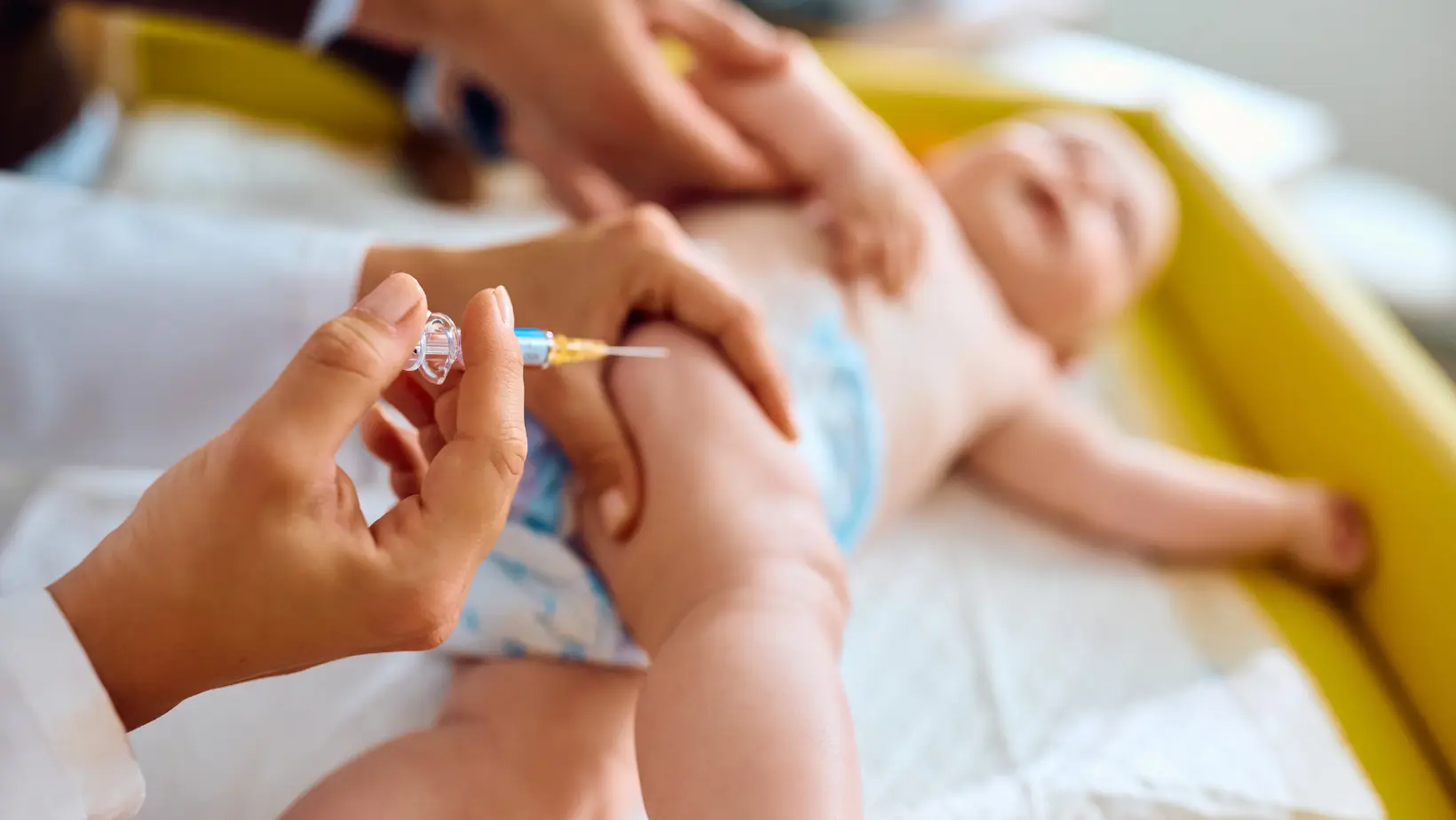To learn more about vaccinating women, read Vaccinating Women, Women Becoming Pregnant and Breastfeeding Women.
After reading the previous section, you know that newborns receive natural protection from their mother. However, this won’t prevent them from contracting (infection) severe illnesses if they aren’t vaccinated, stimulating their own immune defence system. Their system is very immature, even if they’re born at term and healthy.
A premature baby needs even more protection! They’re at a higher risk, are more sensitive to infections in general, and we know that vaccinations are effective and are very tolerable. Some specific vaccines can be added for very premature babies if necessary. This will provide greater protection based on recommendations from the attending physician. However, you should know that the remaining vaccines for a premature baby will follow the regular vaccination schedule starting 2 months after childbirth based on their chronological age, not the biological or corrected age.
From a public health perspective, babies under 1 year of age are considered a high-risk population for severe infections. This is why many vaccines are recommended during their childhood.
We have also noted that when a baby is vaccinated at the right time, their immune response is better, with fewer undesired side effects. Subsequent doses allow them to be protected over a more extended period for some vaccines, which makes them more effective.
Very few situations exist where it’s preferable not vaccinating a baby at the appropriate time. If the baby has a high temperature, we assume they’re already fighting something. Often, health professionals prefer waiting until they’re in better shape before stressing their immune system. A health condition that makes their immune system weaker (an autoimmune disease for example) may also delay a vaccine. Vaccinating them at that time may not be recommended, nor recommended in the order found in the regular vaccination schedule.
If a baby’s nose is running or they’re taking antibiotics, this doesn’t prevent them from getting vaccinated. Don’t forget to bring their immunisation record, because all their vaccines will be recorded in it. This tool allows health professionals to monitor your baby better.
Some parents refuse to vaccinate their baby. Many are sceptical about results versus side effects, while others are scared of long-term consequences some vaccines may have for their baby. Others are anxious about the idea of giving their baby a needle.
I know that it’s not always easy to comb through the information found in the media, credible research and certain opinions. However, don’t forget that vaccines have significantly helped throughout history, and today they’re still proven to be effective.
It’s been proven that the measles vaccine doesn’t cause autism later in a child’s life. The same goes for hepatitis B vaccination and multiple sclerosis.
To continue reading, go to Vaccination Risks and Local Responses.


